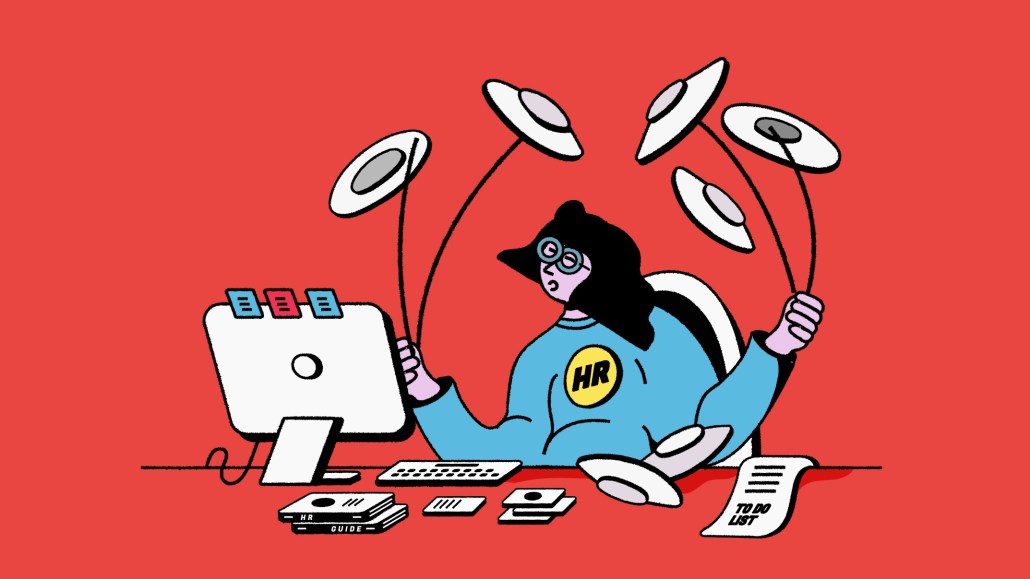Secure your place at the Digiday Media Buying Summit in Nashville, March 2-4

This article is a WTF explainer, in which we break down media and marketing’s most confusing terms. More from the series →
This article was first published on Digiday sibling WorkLife
Ever have those days when you feel like you’ve worked non-stop but by the end of the day feel only a sense of dissatisfaction and weary frustration? Like, you haven’t actually achieved anything?
You’re not alone. And guess what, there’s now a new term for it: digital debt.
Modern workers are being buried under a mountain of ever-increasing digital communications. Whether it’s in the form of emails, chat platforms, video meetings or other digital notifications – the sheer volume of digital information and communications we’re required to consume and respond to on a daily basis, is becoming overwhelming.
It’s putting workers in “digital debt” — where the constant need to coordinate and communicate at work is taking time away from deep thinking, creating and actually working, according to a new report from Microsoft.
While desk workers have long been slammed with overloaded inboxes, the pandemic and hybrid working arrangements are highlighting how communicating too much can harm productivity and hinder employees’ abilities to do their jobs effectively.
To read the full story click here
More in Media

Media Briefing: Turning scraped content into paid assets — Amazon and Microsoft build AI marketplaces
Amazon plans an AI content marketplace to join Microsoft’s efforts and pay publishers — but it relies on AI com stop scraping for free.

Overheard at the Digiday AI Marketing Strategies event
Marketers, brands, and tech companies chat in-person at Digiday’s AI Marketing Strategies event about internal friction, how best to use AI tools, and more.

Digiday+ Research: Dow Jones, Business Insider and other publishers on AI-driven search
This report explores how publishers are navigating search as AI reshapes how people access information and how publishers monetize content.








